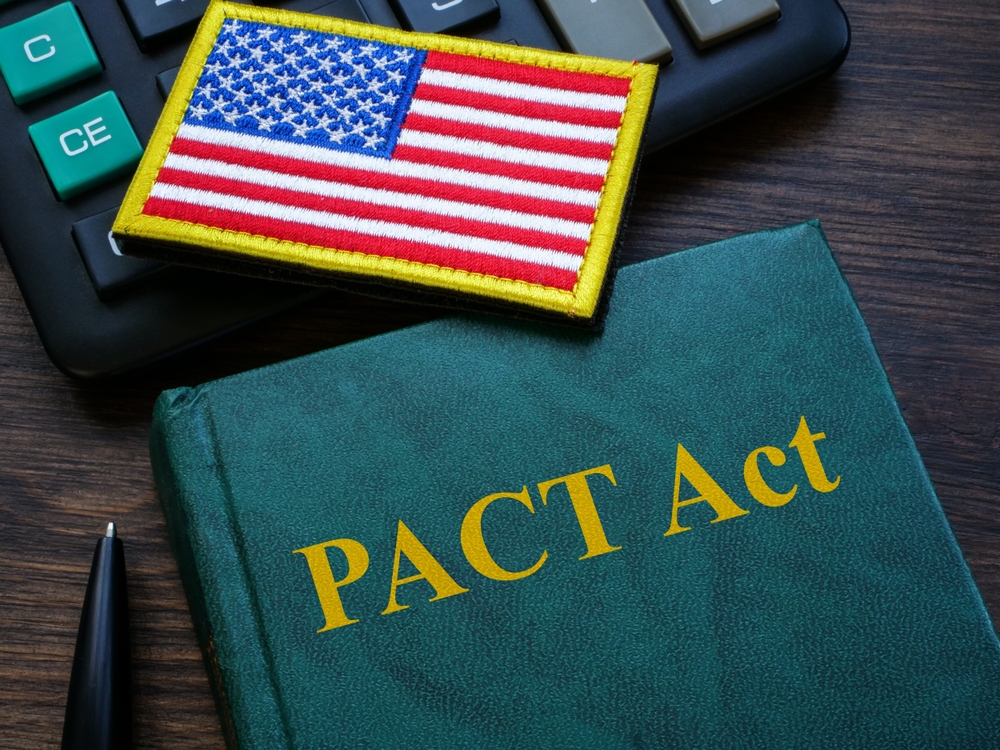

For contractors and small business owners in Illinois, timely payments can make all the difference in managing ongoing projects and ensuring the financial stability of their operations. The Illinois Contractor Prompt Payment Act (commonly called the Prompt Payment Act), codified in 815 ILCS 630, is vital in protecting your right to be compensated promptly for your work. This blog will provide a clear overview of the Act, discussing its key provisions, when interest applies on late payments and the conditions under which contractors may stop working.
The Illinois Contractor Prompt Payment Act (PPA) is a state law designed to ensure that contractors and subcontractors working on private projects are paid on time. Its primary goal is to protect contractors from delayed payments and to level the playing field in the construction industry.
The Act applies to private projects and is distinct from payment rules under public construction contracts, which are governed by other statutes.
The Act applies to a wide range of professionals and businesses, including:
Whether you’re a small business owner keeping track of materials or a contractor managing your crew on-site, the Prompt Payment Act has your back when it comes to protecting your finances.
One of the critical provisions of the Prompt Payment Act is the obligation for project owners to pay contractors and subcontractors in a timely manner. Payments must follow the agreed-upon schedule in the contract or, if no such schedule exists, within 15 days of a payment request that has been appropriately submitted and approved.
When payments are delayed beyond the specified timeline, the Act imposes significant penalties in the form of interest:
This provision applies to all tiers of contractors, including subcontractors, which means everyone involved in completing the project is safeguarded against unnecessary financial strain caused by late payments.
Many small businesses and contractors operate with tight cash flows. Delayed payments can impact the ability to pay workers, purchase materials, or take on new contracts. By setting an interest penalty, the Act incentivizes timely payments, ensuring contractors can maintain smooth operations.
Another essential aspect of the Illinois Contractor Prompt Payment Act is the built-in protection that allows contractors and subcontractors to suspend work if they don’t receive payment. After providing notice, contractors may pause construction until the issue is resolved, without breaching their contract.
Here’s how this works:
By enforcing this provision, the law ensures that unpaid contractors are not forced to overextend their resources for a project when compensation is overdue.
Legal and industry experts agree that the Illinois Contractor Prompt Payment Act is a vital tool for fostering fair business relationships in the construction industry. It safeguards contractors who might otherwise hesitate to protect their interests due to concerns about damaging professional relationships or legal complications.
“The Act serves as a critical safety net for small businesses and contractors,” notes attorney John Davis, an expert in contract law. “It encourages financial accountability and fair treatment while giving contractors the legal support they need to demand timely payment or take necessary action if payments are delayed.”
Here are some actionable points to remember regarding the Illinois Contractor Prompt Payment Act:
The Illinois Contractor Prompt Payment Act empowers contractors and subcontractors to demand timely compensation without fear of jeopardizing professional relationships or breaking contract terms. Knowing your rights under this Act can protect your financial interests and business stability.
Want to ensure you’re making the most of your rights under the Prompt Payment Act? Stay informed, stay proactive, and protect your business.
Have questions about The Illinois Contractor Prompt Payment Act, give us a call at 713- 715-7334 and schedule a time to discuss further.
Karalynn Cromeens is the Owner and Managing Partner of The Cromeens Law Firm, PLLC, with over 17 years of experience in construction, real estate, and business law. A published author and passionate advocate for contractors, she has dedicated her career to protecting the businesses her clients have built. Karalynn is on a mission to educate subcontractors on their legal rights, which inspired her books Quit Getting Screwed and Quit Getting Stiffed, as well as her podcast and The Subcontractor Institute.

